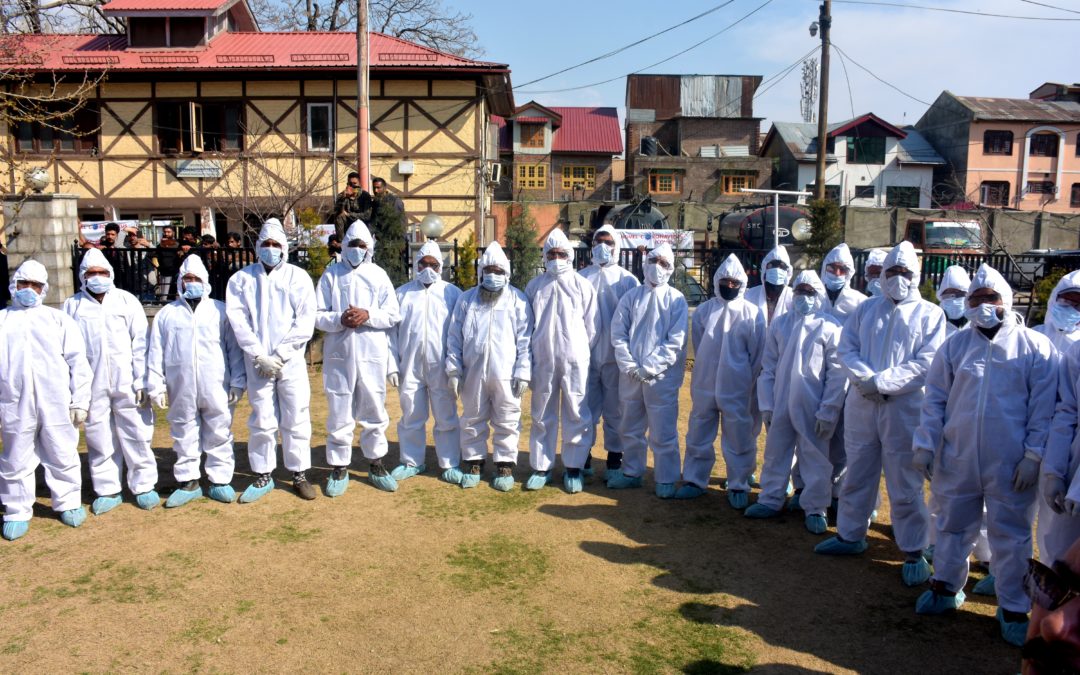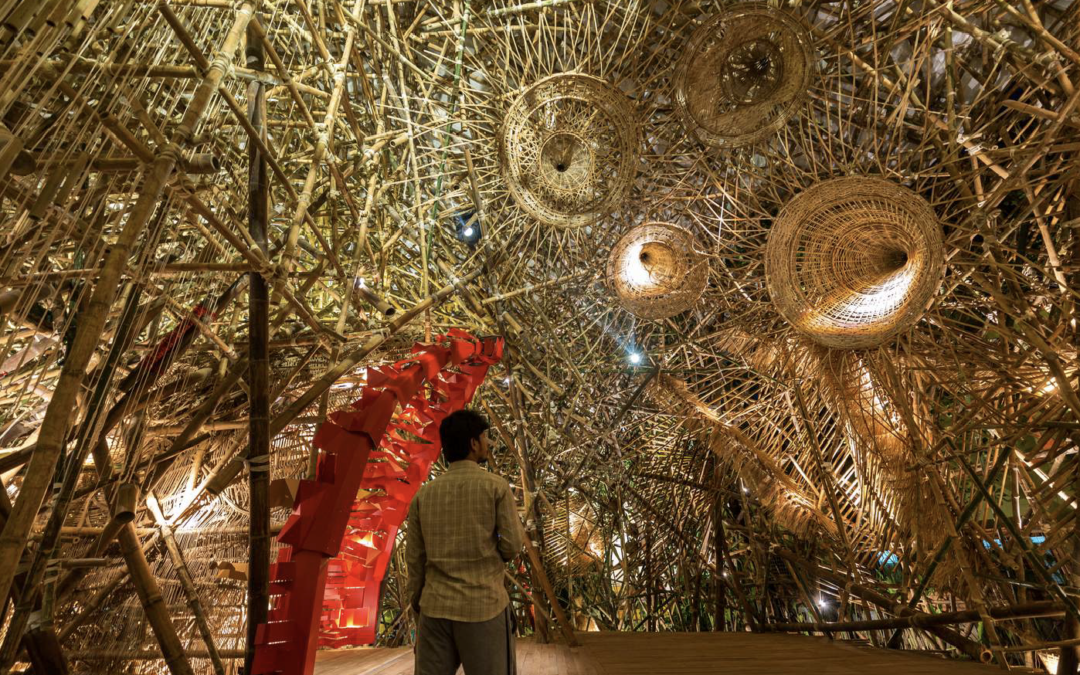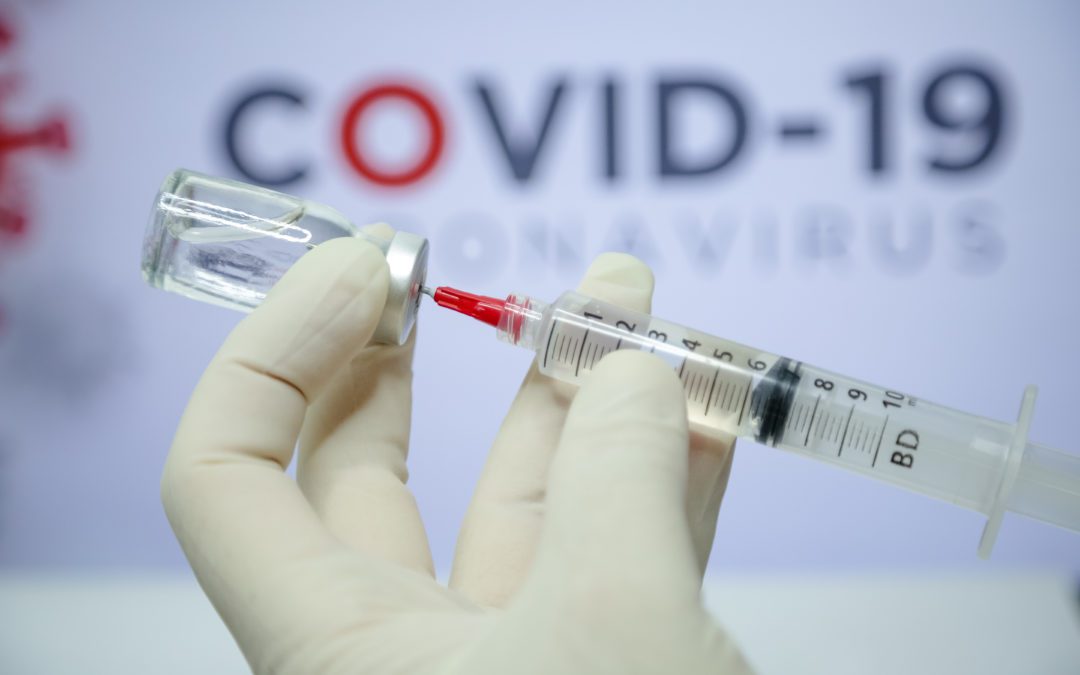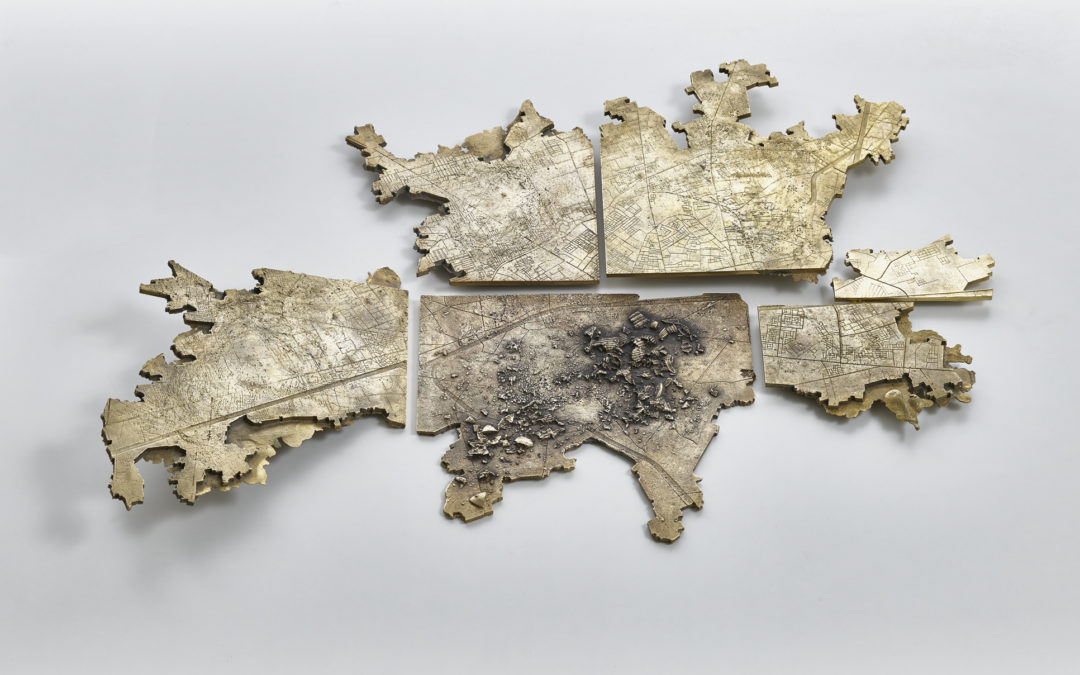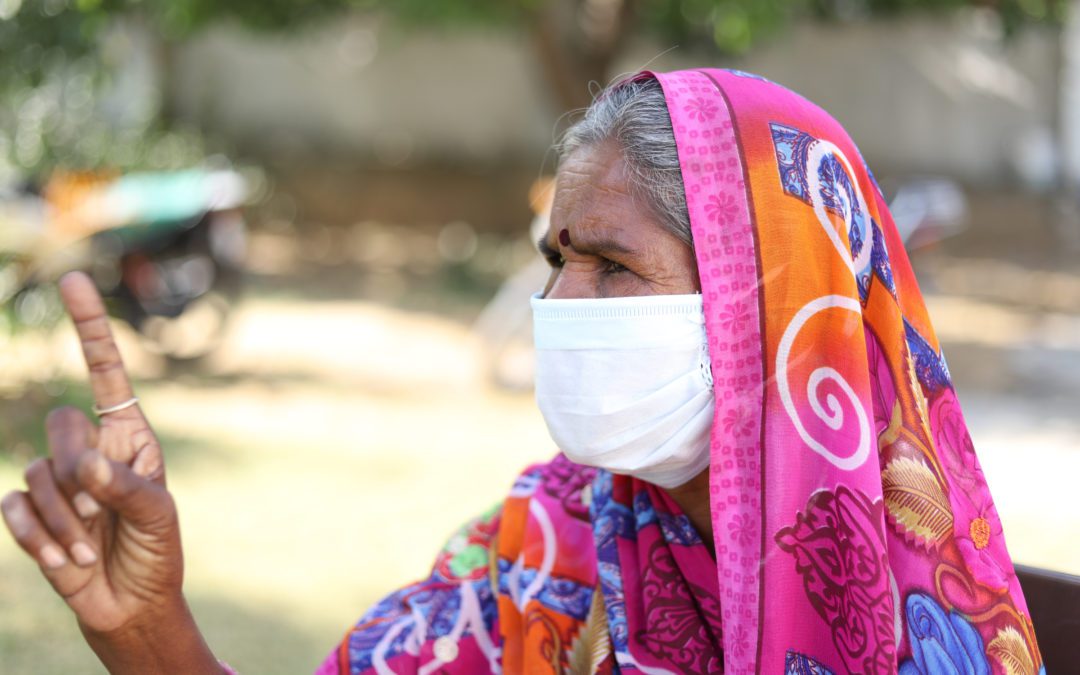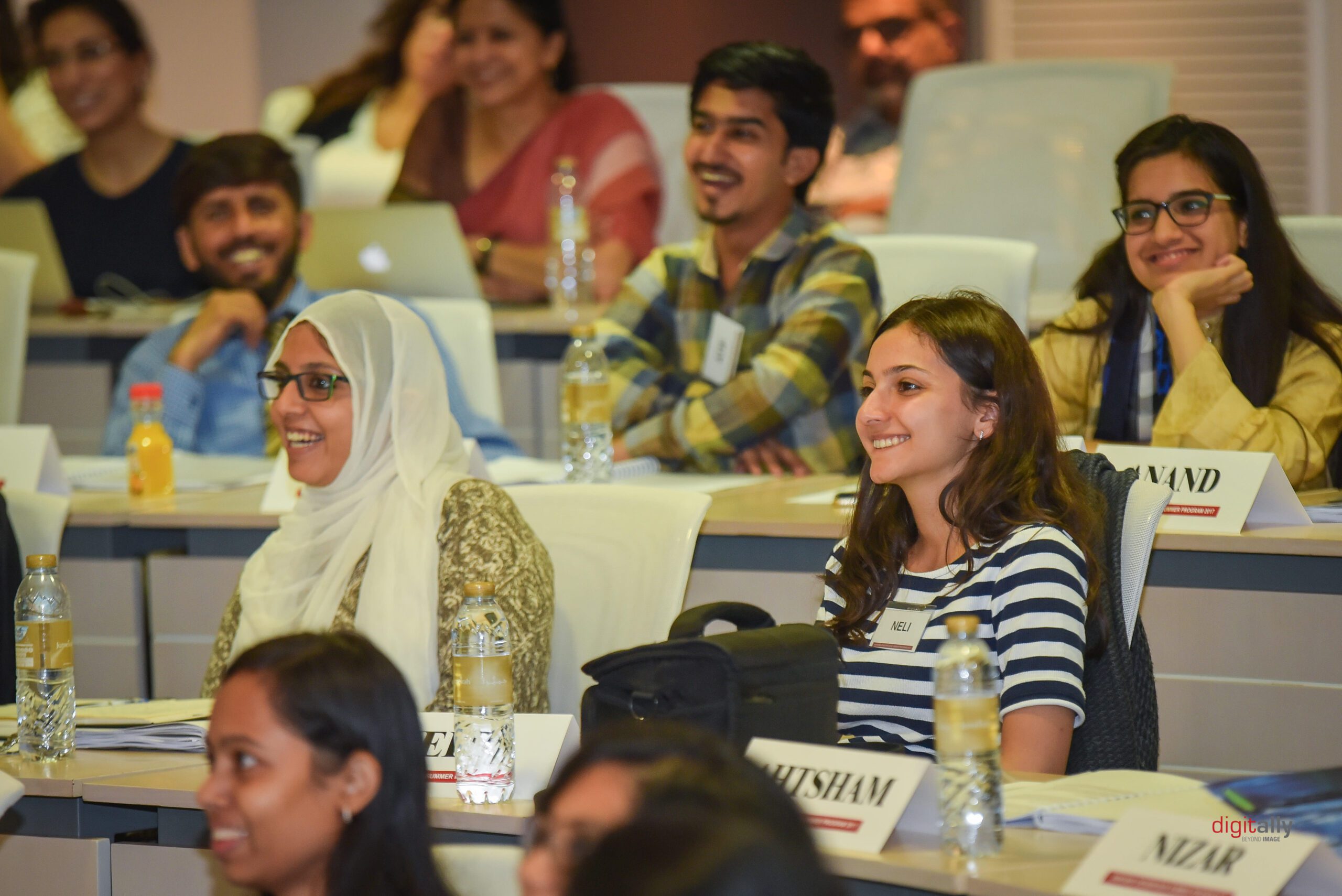In Conversation: Meena Sonea Hewett, Mittal Institute Executive Director
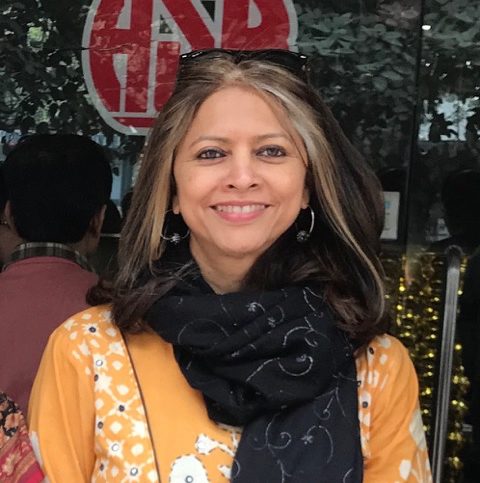
Meena Sonea Hewett, Executive Director of the Lakshmi Mittal and Family South Asia Institute at Harvard (MI) has spent the past decade growing and cultivating the work of the Institute both at Harvard and across South Asia. Now, as she departs the University, we spoke with Meena about her past 10 years of service, and her most important achievements.

